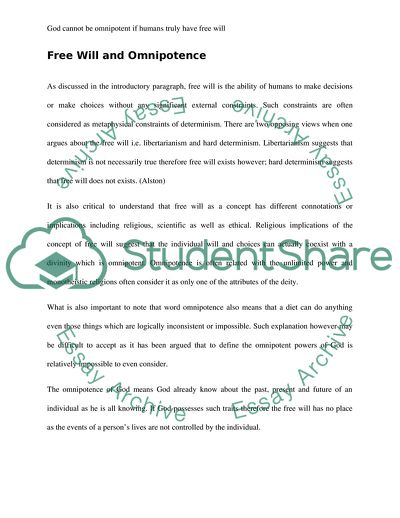Cite this document
(Ethics/Free Will/Political Essay Example | Topics and Well Written Essays - 1500 words - 1, n.d.)
Ethics/Free Will/Political Essay Example | Topics and Well Written Essays - 1500 words - 1. https://studentshare.org/philosophy/1764134-ethicsfree-willpolitical
Ethics/Free Will/Political Essay Example | Topics and Well Written Essays - 1500 words - 1. https://studentshare.org/philosophy/1764134-ethicsfree-willpolitical
(Ethics/Free Will/Political Essay Example | Topics and Well Written Essays - 1500 Words - 1)
Ethics/Free Will/Political Essay Example | Topics and Well Written Essays - 1500 Words - 1. https://studentshare.org/philosophy/1764134-ethicsfree-willpolitical.
Ethics/Free Will/Political Essay Example | Topics and Well Written Essays - 1500 Words - 1. https://studentshare.org/philosophy/1764134-ethicsfree-willpolitical.
“Ethics/Free Will/Political Essay Example | Topics and Well Written Essays - 1500 Words - 1”. https://studentshare.org/philosophy/1764134-ethicsfree-willpolitical.


